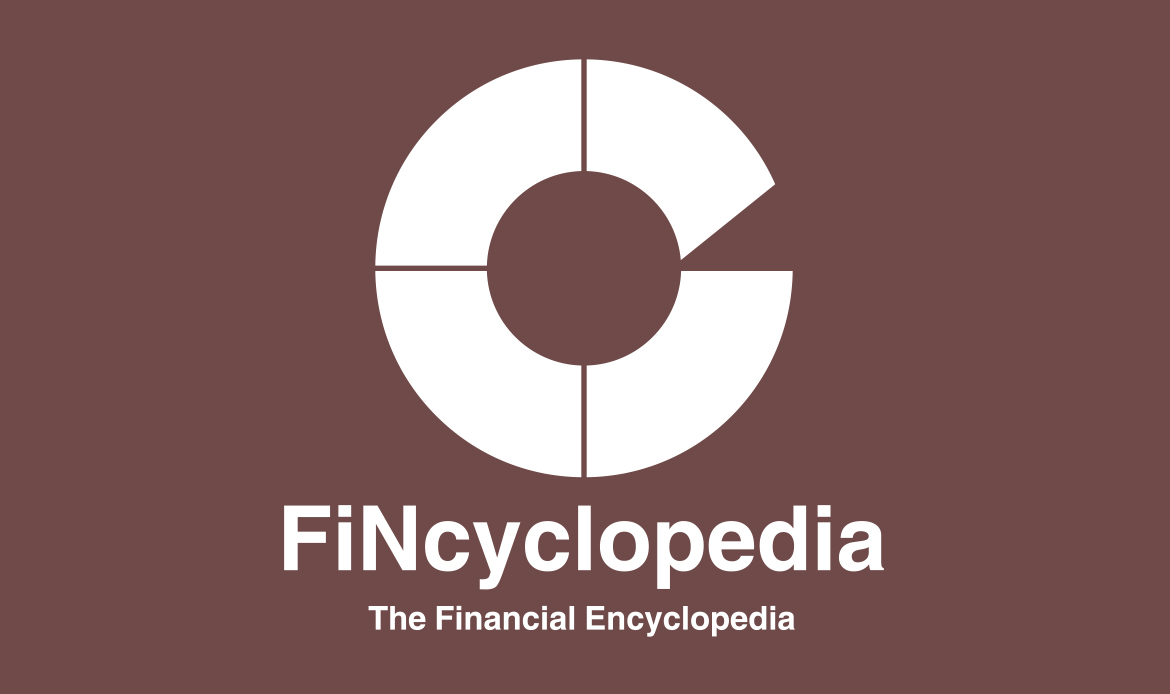A type of commercial paper that constitutes a certificate issued by a drawer to another person (the drawee) with the instruction to pay a certain amount of money at sight or at a specific date to a third party (the beneficiary). Shari’a permits transactions in bills of exchange on the condition that such transactions are free from any shari’a contraventions such as riba al-fadhl, riba al-nasi’ah, etc. It is not permitted to use bills of exchange in transactions that require immediate possession such as the contract of al-sarf (currency exchange) or the contract of salam (specifically ras al-mal or al-thaman).
May 18, 2024





